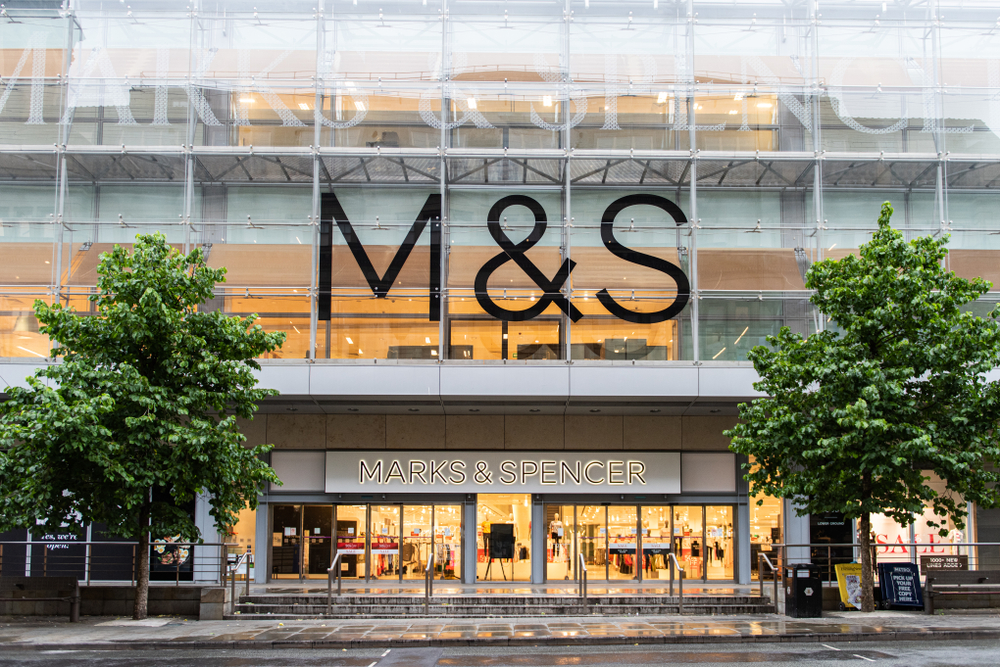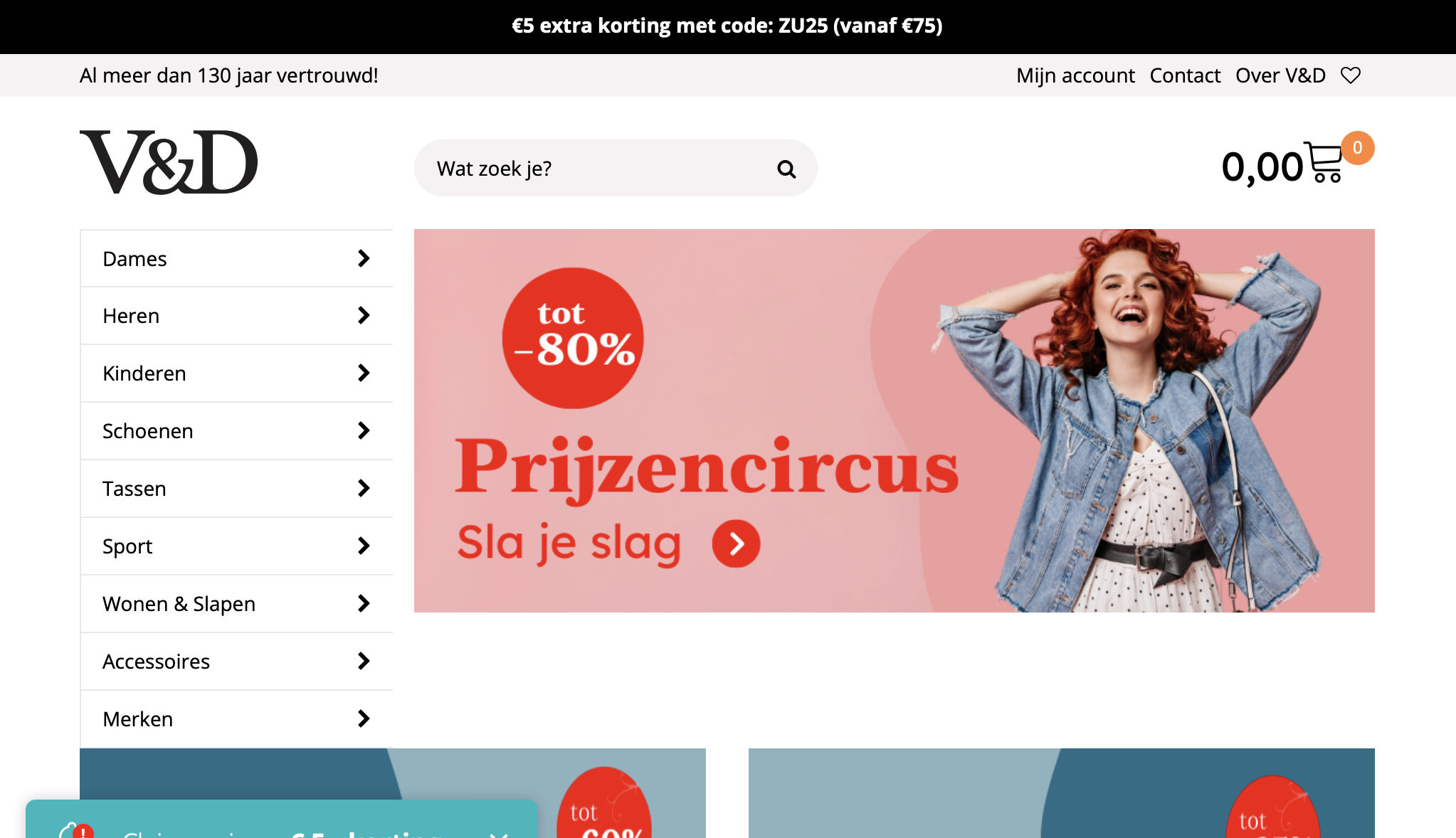Asos says it has benefited as UK and European shoppers shifted online during Covid-19 and the “most disruptive period ever experienced in retail”, opting to buy the leisurewear that it sells. The retailer is now building its infrastructure for global growth longer-term.
Asos says its acquisition of the Topshop, Topman, Miss Selfridge and HIIT brands – representing a £266m investment – following the administration of the Arcadia Group was a “compelling opportunity” and that the brands have “dropped seamlessly on to our platform” within three weeks of the acquisition. Traffic to the site on that launch day – February 22 – was 226% up, supported by social media campaigns including two on TikTok that had a combined reach of more than 200m and almost 3bn video views. Asos says in its half-year results statement today: “We know we can leverage our market-leading capabilities to grow these brands and we are confident in achieving strong financial returns with a double-digit return on capital in the first full year of completion.”
A year on from the start of the pandemic, Asos, a Leading retailer in RXUK Top500 research, says it is a “more agile, flexible and resilient organisation”. “Twelve months on from the start of the most disruptive period ever experienced in retail, we are excited about the significant growth opportunity ahead of us,” it says. “We believe the shift to online retail as a result of the padenmic and the accelerating consolidation of online retail has increased consumer confidence in shopping online. In the coming months we expect a portion of consumer demand will move back to stores as restrictions are eased throughout our markets, but we expect online penetration to remain structurally higher than pre-Covid-9 levels. To capital on this opportunity we have increased our investment to support the global growth opportunity, accelerating our investment in platform and infrastructure whilst investing in pricing, particularly in Europe, to enhance our long-term customer perception and competitiveness.”
The update came as Asos today reported sales of £1.97m in the six months to February 28, 24% up on the same time last year. Pre-tax profits of £106.4m were 253% up on the same time last year. When the acquisition of the Arcadia brands is excluded, pre-tax profits came to a record £112.9m.
Its sales rose by 39% to £800.4m in the UK market alone as its online market share grew while stores and hospitality venues were closed for much of the period, while customer numbers in the market grew by 0.7m. EU sales grew by 18% in the half-year, as the retailer benefitted when both hospitality and retail were shut – including France, Germany and Ireland, although sales fell in Spain. In the US, retail sales grew by 16% as shoppers opted for casual wear and sneakers – but bought fewer Asos Design ocasionwear items. Sales also grew in the rest of the world (+16%) – including Australia and the Middle East – notably Israel (by more than 60%) – despite falls in Russia.
Asos chief executive Nick Beighton says: “These record results, which include robust growth in sales, customer numbers and profitability, demonstrate the significant progress we have made against all of our strategic priorities and the strength of our execution capability. The swift integration of the Topshop brands and the impressive early customer engagement is also especially pleasing.
“Looking ahead, while we are mindful of the short-term uncertainty and potential economic consequences of the continuing pandemic, we are confident in the momentum we have built and exceed about delivering on our ambition of being the number one destination for fashion-loving 20-somethings.”
Global expansion strategy
The Arcadia brands acquisition is part of a continued expansion of the Asos platform around the world over the last half-year. The retailer is now investing to grow its business around the world at a time when fashion retail is both moving online and ownership is consolidating. It says it wants to be well positioned when events get back to normal, while at the same time staying cautious around the “uncertain 20-something economic prospects” as well as uncertainty about when restrictions will lift and whether there will be further peaks in Covid-19.
The company says it has added 120 new brands to its site, while making more than 100 improvements to delivery – mostly around improving express delivery in 24 markets – and adding 18,300 new click and collect sites – taking it to a total of 166,000 collection sites around the world. Sales of casual wear grew by 69% in the first half of the year, compared to the same time last year, while active wear sales were 95% ahead.
Asos launched its Truly Global Retail (TGR) system in March, supporting the global retail planning and pricing that Asos says is “an essential foundation for our flexible fulfilment aspirations” and enabling global fulfilment.
To that end, it is building up its infrastructure, with fitting out work started on its Lichfield fulfilment centre, while the automation of its US site is on track for the second half of its 2023 full-year. A unified stock pool is being used to enable Asos customers to buy a wider range of goods from its more goods from its different fulfilment centres around the world. Suppliers will also start to deliver direct to Asos customers from the end of 2021. “We expect this to benefit our customer experience by providing more consistent stock availability as well as, in time, allowing our consumer greater opportunities to view a wider range of product, supporting our focus on consistent newness and broad product assortment whilst still retaining our curated edit based on the needs of our 20-something customer,” says Asos.
The retailer is now using machine learning and data science to personalise the website experience for customers. Customer service improvements have included the launch of ratings and reviews on its mobile app in October 2020 – so far 1m reviews have been left with an average star rating of 4.1. A ‘for you’ tab on its Android app shows personalised recommendations.
Asos is emphasising sustainability, with more deliveries now made by Asos-branded electric vehicles in Birmingham, Manchester and Leeds, adding to a growing number of electric vehicles serving the W1 and W2 London postcodes. Its Fashion with Integrity project includes an app for migrant workers in Mautious, and a Circular Design Collection that sold 8,000 items in the first six weeks, while its social posts on the collection had 756,000 posts and reached 3.3m customers. It aims to fully disclose its supply chains for its new Arcadia brands by the end of 2021. Asos also says that 75% of its operations are now powered by renewable electricity, and it is working with the Ellen MacArthur Foundation and Centre for Sustainable Fashion on a circular design roadmap.
Commenting, Tjeerd Brenninkmeijer, EVP EMEA at ecommerce experience specialist Bloomreach, says: “With brick-and-mortar stores being shut most of the year, consumers have had to get their retail therapy primarily online for the last 12 months. It is no surprise to see the established online players, benefit from this change in consumer behaviour. On the other hand, retailers that are still heavily reliant on their brick and mortar should see these results as a warning that their business model needs to adjust to a world where consumers are more likely to buy products online. These results should give retailers confidence about their future revenue – as long as they think digital-first.”









